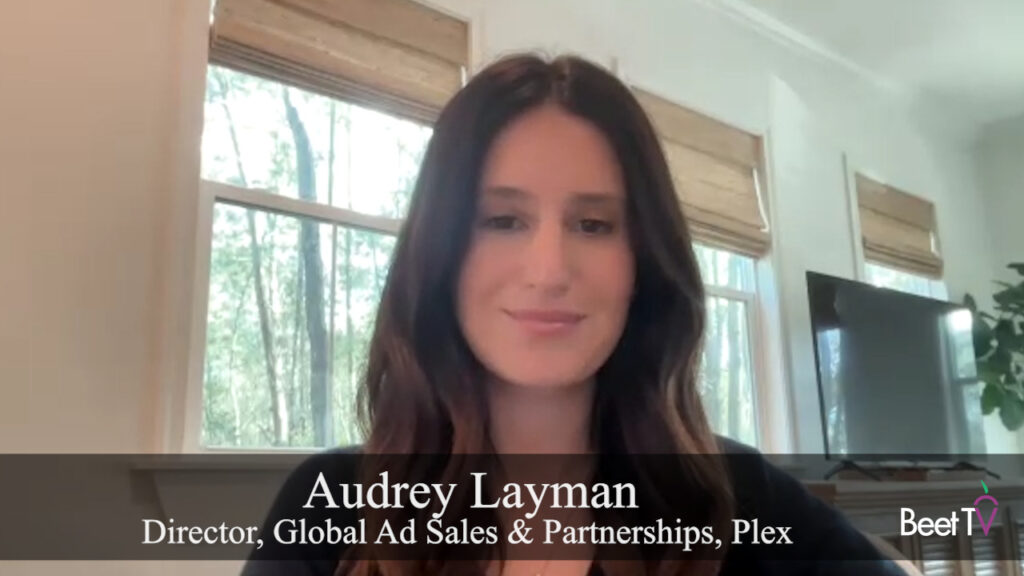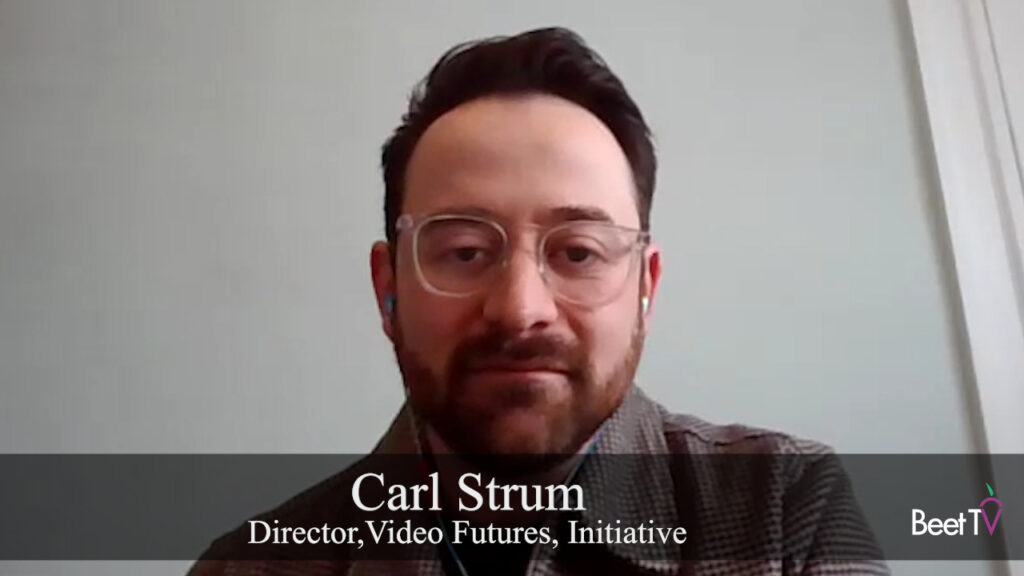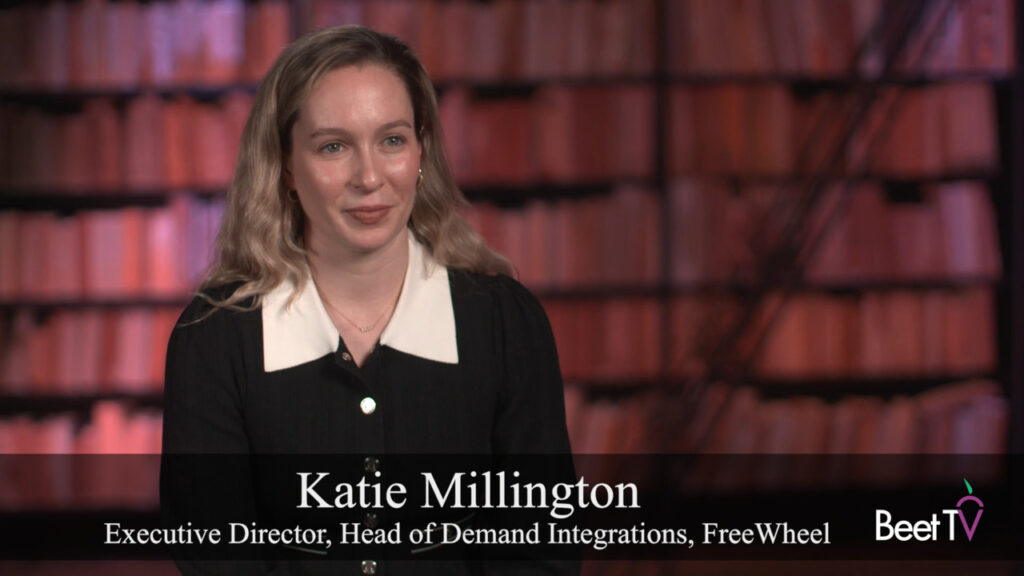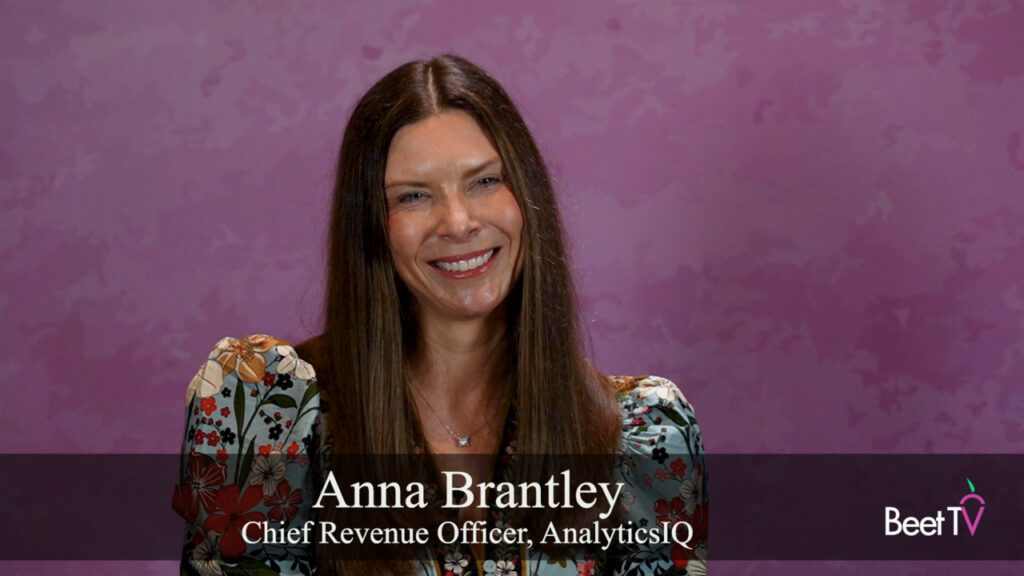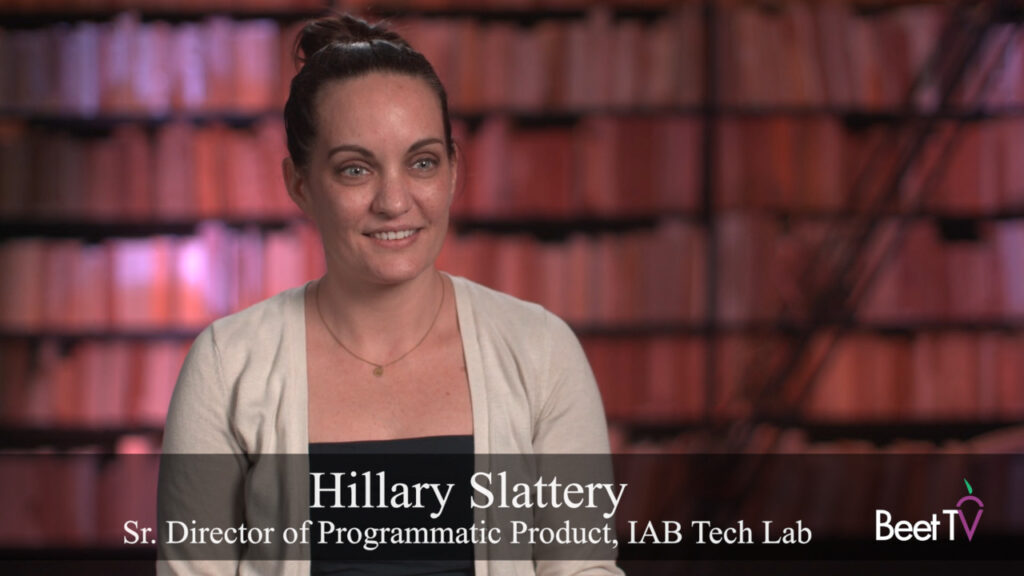A new year, for many, is always a time when we contemplate starting over, when we wipe the slate clean and think about moving forward with new intention and new focus.
For digital advertising, that fresh start can’t come soon enough. Facing a range of challenges including the disappearance of traditional identifiers, the addition of privacy measures and the emerging economic trouble, 2021 is shaping up to be a reset.
In this video interview with Beet.TV, Sheri Bachstein, Global Head of Watson Advertising and The Weather Company, says that is long overdue.
Out with the old
“It’s time for us to evolve,” Bachstein says. “It’s time for us to leap forward. We’ve been working with the same traditional identifiers and cookies for a long time – really, since programmatic came into play almost 10 years ago.
“It’s time that we break the cycle. It’s time for something new, something that can better connect a marketer with their consumer.”
Bachstein says the industry needs to address four key areas:
- Dependency on the walled gardens.
- Reliance on cookies disappearing.
- Over-targeting of consumers.
- Tech fees for unnecessary services.
“There’s just a lot of change that needs to happen in the advertising industry,” she says. “It’s not going to happen if we keep doing the same things – if we keep using the same tech, and expecting different results, which we desperately need.”
https://twitter.com/WatsonAds/status/1336698373282426881
In with the new
In the deprecation of third-party cookies, the way that Apple has curtailed its IDFA mobile ad identifier and the new legislation introduced by GDPR, CCPA and similar, digital advertisers are watching the fabric of their traditional approach for the last decade being ripped up.
But, whilst that poses a challenge, many are coming to consider that, in the seed of destruction, a better alternative can be found.
For example, cookies are widely considered to be ineffective, operating at the device level rather than the person level. The new era of people-base marketing the industry is now leaning toward may finally realize the goal of one-to-one marketing.
AI, advertising intelligence
For Bachstein, artificial intelligence will be a key enabler.
“That big evolution is really grounded in AI,” she says. “We feel the advertising industry is really the next big industry that can really benefit from that technology.” Bachstein points to several use cases for AI in advertising:
- “You can take all of this data that a lot of marketers and publishers are sitting on, and look at that data in a different way to produce insights.”
- “It can evolve the creative that an advertising agency or a marketer uses. It’s almost looking at dynamic creative, but it goes far beyond that because it goes into being predictive.”
- Contextual advertising support.
- Enabling advertising attribution.
Bachstein says that AI is “privacy-forward” and open.
Embracing the Full Potential of a Privacy-Centric Internet https://t.co/6T8rAEgFjZ via @CNBC Sheri Bachstein, VP & Global Head of Watson Advertising & IBM’s The Weather Company pic.twitter.com/c45Q8hoDwc
— IBM News (@IBMNews) September 14, 2020
Privacy policy
But, whilst the advertising world is having to go through its trials and tribulations in order to create a privacy-centric consumer ecosystem, Bachstein wants lawmakers to smoothe the transition. In the United States, she fears a fragmented policy approach.
“What we really need to do is really have a federal legislation around privacy,” she says. “Otherwise, we’re getting this patchwork from all the different states, which is going to be really hard to scale, really hard for publishers to scale that type of legislation.
“A federal footprint would be better. And it’s the right thing for the consumer, we need to make sure that consumers feel comfortable with the data that they’re sharing, and that they understand what that data is being used for.”
You are watching “Break The Cycle: Making AdTech Better in 2021,” a Beet.TV leadership video series presented by IBM Watson Advertising. For more videos, please visit this page.















